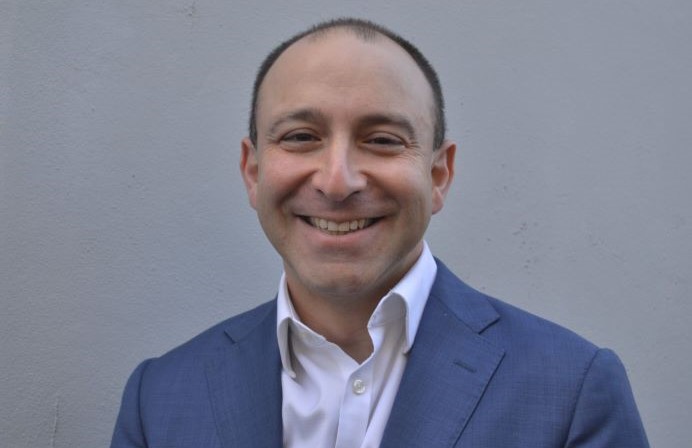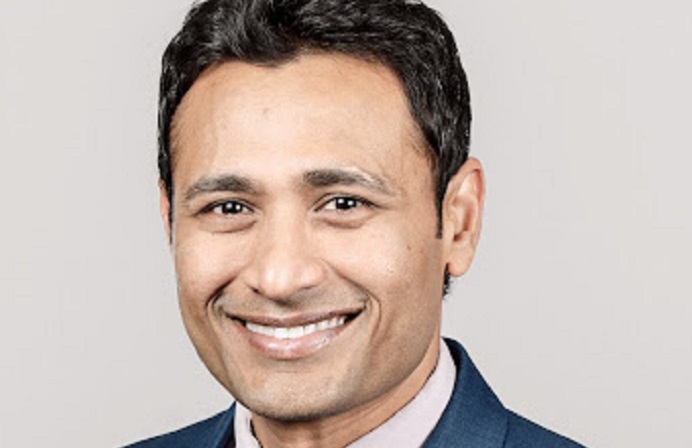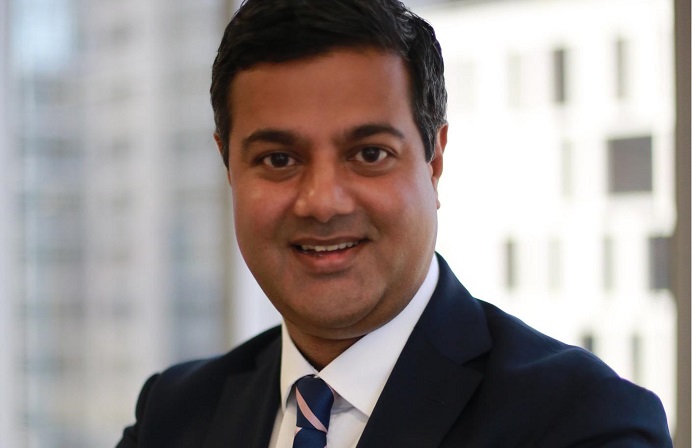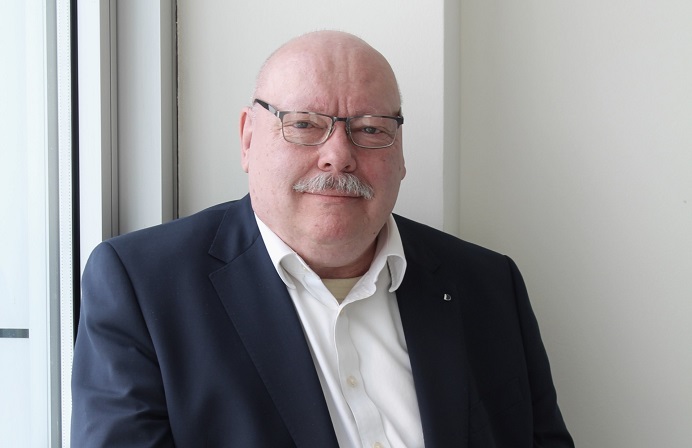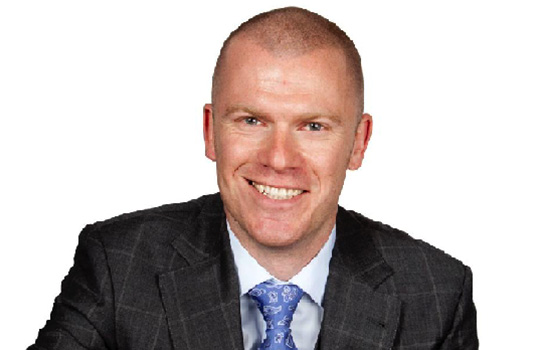
“Moving to the whole business of working from home wasn’t a technology challenge… There are strong themes of trust, empowerment and, above all, leadership, which underpin a successful working from home rollout.”
Small but mighty, Fidelity Life is on a mission to become NZ’s premier digital life insurer.
FST speaks with chief technology officer, Dan Wilkinson, exploring Fidelity’s refocused vision as a Kiwi-specialised, a digital-centric life insurer, and how the business has buffered its workforce against the headwinds of a global pandemic – well before it made headlines.
FST Media: FSIs are all at different stages of their digital transformation journey, with many putting their ambitions on hold as they brace for more fallout from the Covid-19 pandemic. Walk us through the next 12 months of your technology agenda. How is Fidelity Life transforming to keep pace with NZ’s changing business landscape?
Wilkinson: We’ve made a huge amount of progress in the past year with our foundations – our infrastructure, and our end-user compute and desktop strategy. This coming year will be about deploying the first slice of our application roadmap and upgrading our communications platform. Each part of this overall strategy interlinks and supports the others; coming together, they’ll form a powerful, flexible, and scalable operating model.
FST Media: Fidelity Life recently launched a free healthcare app in partnership with digital health platform, Sharecare. Tell us about the thinking behind this initiative and how it sets the insurer up to better serve its customers.
Wilkinson: We recently refreshed our brand, which emphasises our ‘New Zealand-ness; and is based on the promise of ‘protecting your way of life’. One of the ways we’re bringing this to life is through our partnership with Sharecare, a global digital health company that helps people manage their health in one place.
Life insurance has always been about protecting what’s most important, and people everywhere are increasingly conscious of their health and wellbeing. We also know customers want something tangible from their life insurer.
So the partnership with Sharecare brings these things together in the form of a great mobile app to help our customers live longer, better lives.
The app will be free and provide a localised experience for the New Zealand market. Advisers and our staff will be the first to have access in early April, followed by customers in May. A wider public launch is planned for later in the year.
App users will enjoy personalised features, content and programs, as well as opportunities to participate in challenges that offer incentives for engaging in healthy behaviours. What makes it stand out in the market is that it will be one place to monitor all aspects of your health and wellbeing, including not just activity tracking, but healthy eating, managing stress, monitoring sleep, and better managing health conditions.
Ultimately, if we can help our customers make positive changes to their health and wellbeing then that’s good for them, good for us, and good for our communities, too.
FST Media: Cultural change is critical to any successful transformation program. However, such sweeping change often meets stiff resistance from entrenched staff. As Fidelity Life’s digital overhaul continues at pace, how do you ensure that everyone – no matter their position or stake in the business – is on board for the same transformation journey?
Wilkinson: I feel that the key is understanding how to leverage the most powerful, positive aspects of your culture to add momentum to the change you’re executing.
Speed is important, but even technologists must remember that there’s a person on the end of everything we do and that people change at their own pace. We’ve adopted a highly transparent delivery model which engages constantly with the broader business, with tech specialists working alongside colleagues in the wider business to understand their pain points and teach them how to develop their own solutions. Understanding the little things that are impacting people’s lives means we can also introduce little changes and projects that bring an instant improvement. That helps people realise the value of what we’re doing and ensures everyone is on the journey, both as we conceive of and as we execute change.
FST Media: As customer-centricity becomes industry orthodoxy, how do you, as Fidelity Life’s chief technologist, drive a customer-first innovation ethos within the organisation
Wilkinson: Quite simply, by putting the customer at the heart of everything we do. This is a foundation pillar of our strategy and it plays out in every decision within our business, even down to the architecture of our operating platform and the way we manage our data. Bringing customer metrics into our technology delivery spaces helps as well; demonstrating the impact our teams are having on customers’ lives brings a clear sense of ‘why’ to the effort they put in, adding a human element that really resonates.
FST Media: In an age where ‘bigtechs’ have mastered the art of hyper-personalisation, what defines a winning customer interaction for insurers? Is there a silver bullet process or technology that can meet customers’ soaring expectations?
Wilkinson: The answer to this is not in the technology itself, it’s an age-old truth: understand what your customer actually wants first. Hyper-personalisation can deliver fantastic customer benefits, but only in the right context and with the right focus. It’s just a tool, really, and it’s in how you use it that it comes to life. Only your deep understanding of your customers can inform that ‘how’.
FST Media: Recently, the Covid-19 pandemic has forced most corporate teams across the globe to work from home in an effort to curb the virus’s spread. As a seasoned corporate leader, how do you feel FSIs can manage their remote workforces more effectively?
Wilkinson: At Fidelity Life, we were extremely lucky to have spent 2019 delivering an infrastructure platform which has enabled remote working across the entire business. So, moving to the whole business of working from home wasn’t a technology challenge. The parts of this process which I found most interesting were the cultural ones – there are strong themes of trust, empowerment and, above all, leadership which underpin a successful working from home rollout. I’d say that remote working turns up the dial on the need for strong leadership across the organisation. In this context, leaders need to lead more consciously, and with greater awareness and clarity than ever before.
FST Media: On a more personal note, what is the best career advice you’ve received and how have you sought to put this into practice?
Wilkinson: Sometimes the simplest things are the most powerful. A leader I was fortunate to have worked with once told me that their single guiding principle was to ‘always play with a straight bat’. I’m no cricketer, but I really took this to heart and try to live by it every day. To me, this speaks to high levels of transparency, alignment to your own moral compass, and an unwavering desire to ‘do the right thing’.

